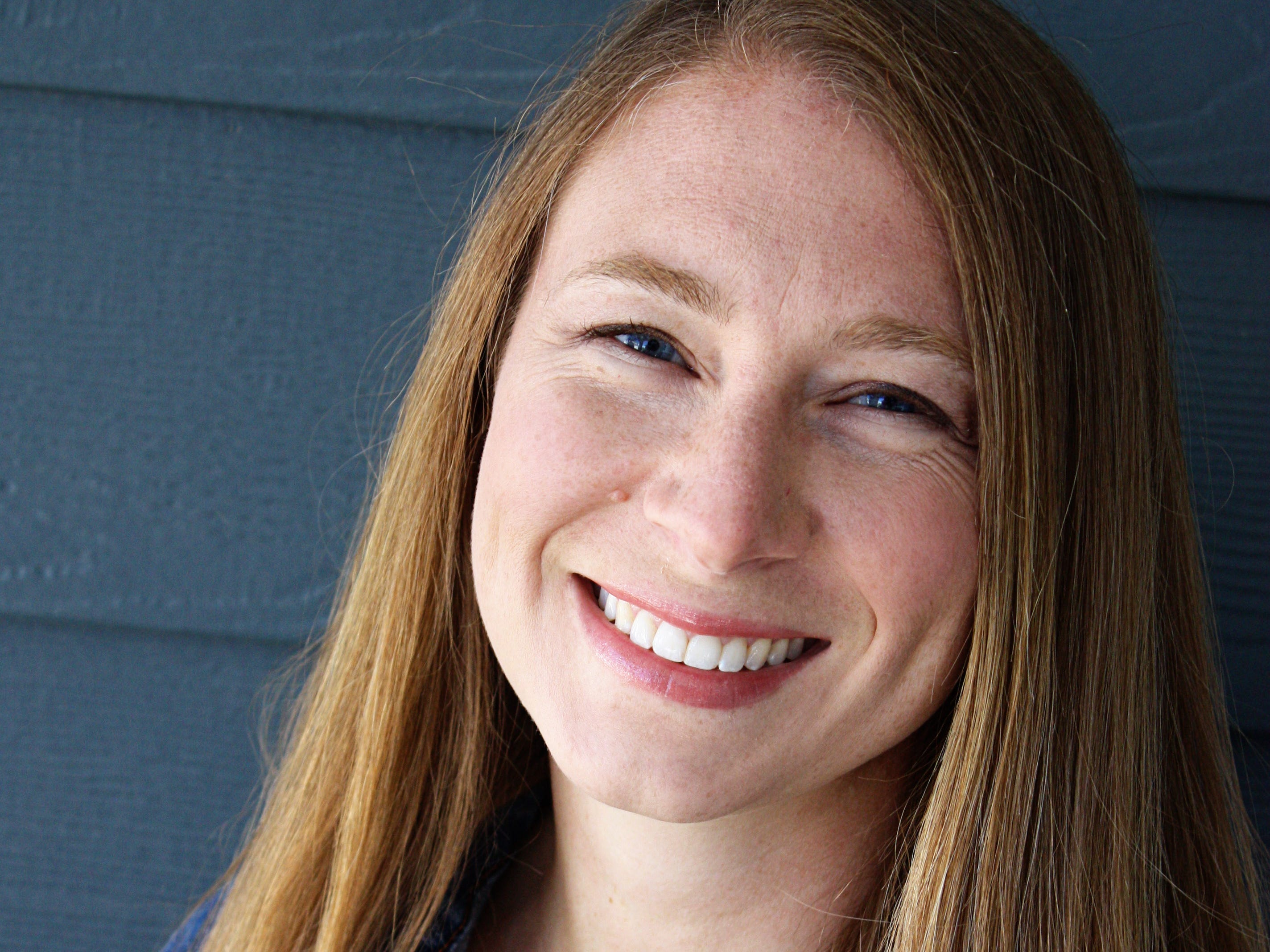
I SPENT MY 20S PINCHING PENNIES, BUT THE 80/20 RULE HAS FINALLY GIVEN ME FREEDOM WITH MY MONEY
Find a Qualified Financial Advisor
Finding a qualified financial advisor doesn't have to be hard. SmartAsset's free tool matches you with up to 3 fiduciary financial advisors in your area in 5 minutes. Each advisor has been vetted by SmartAsset and is held to a fiduciary standard to act in your best interests. Get started with achieving your financial goals!
Our experts answer readers' investing questions and write unbiased product reviews (here's how we assess investing products). Paid non-client promotion: In some cases, we receive a commission from our partners. Our opinions are always our own.
- When I was in my 20s, I just tried to spend as little as possible through strategies like couponing.
- I saved some money, but I should have focused on increasing my income instead of minimizing costs.
- There aren't any shortcuts to learning how to budget, so it's important that I'm gracious to my younger self.
My view of what it means to be a financially savvy person has shifted over the years as my circumstances have changed. The way I shop, budget, and save now is drastically different from when I started my personal finance journey.
See Insider's picks for the best budgeting apps »
Spending as little as possible
When I was in my 20s, I had just graduated from college and my husband was still finishing up his degree. We'd just had our first child, so we were getting along on a shoestring budget of two part-time jobs cobbled together with full-time school and trading off caring for our son.
In a desperate attempt to learn how to add some padding to our always-empty bank account, I checked out several library books on personal finance. These had a lot of helpful information about how to stick to a budget, pay off debt, and put our needs before our wants. The main takeaway was "spend as little money as possible."
And we did. I was a mad coupon clipper and bargain shopper. I'd regularly go to two or three grocery stores a week to keep our spending on food as low as possible. I once got a dozen bottles of shampoo for $0.19 each, and I was dang proud of myself.
This frugal strategy worked for several years. We managed to dig ourselves out of credit card debt and cash flow my husband's master's degree while I stayed at home raising our children.
Money management was pretty simple back then. When you can't afford anything beyond food, rent, and tuition, making spending decisions is easy — the answer is always "no." At the time, I thought that this style of frugality was synonymous with being financially literate.
A hindsight evaluation of my frugal budget
Even though our highly frugal lifestyle helped us meet a lot of our goals, more experience taught me that an austere budget alone didn't solve all fiscal problems.
I learned by experience that there comes a point beyond which cutting spending is no longer helpful. We chose not to pay for internet in our apartment for a few years. That limited how well I could track our spending and eliminated any opportunities I had to sell things online to make extra money (because I didn't pay for a smartphone either). Likewise, you can subsist for pennies on beans and rice, but eventually, you'll have digestive and nutritional problems if you don't diversify your diet.
I realize now that it probably would have been easier to focus on making more money instead of squeezing the life out of every penny. There's a lower limit to how much you can save, but not an upper limit to how much you can earn.
I've learned how to assess my priorities
I'm still a fairly frugal person, but I've shifted my sights to making more money rather than cutting every expense that I can. I focus on the heavy hitters in my budget: housing, food, transportation, and healthcare.
I maximize what I can save on those categories, keep an eye on spending on other items so they don't get out of hand, invest in assets that will build my future wealth, and save for emergencies. That still gives me room for my soda habit and the occasional taco shop hop. The 80/20 rule plays out pretty consistently here — I optimize 80% of my budget so the other 20% isn't worth scrutinizing.
When money gets tight (and it has several times since my $0.19 shampoo days), I do a quick check of our spending, then work on ramping up my business to increase my income. This reflex has allowed me not only to have a higher net worth, but I have also developed marketable skills and a business network that I never had when I was clipping coupons.
Though my views on financial literacy have changed, I have to give a lot of grace to the 20-something, coupon-clipping version of me. She was doing her best with the knowledge and limitations she had at the time.
And as much as I wish I could time travel to tell her to put down the grocery store sale flyer and sell some stuff on eBay instead, she had to start at the beginning. She had to go through the first few steps of learning to budget and pay off debt before she could catch the vision of something bigger, like building a business. I can't expect old heads on young shoulders, and there aren't any shortcuts to the lessons that only experience can teach.